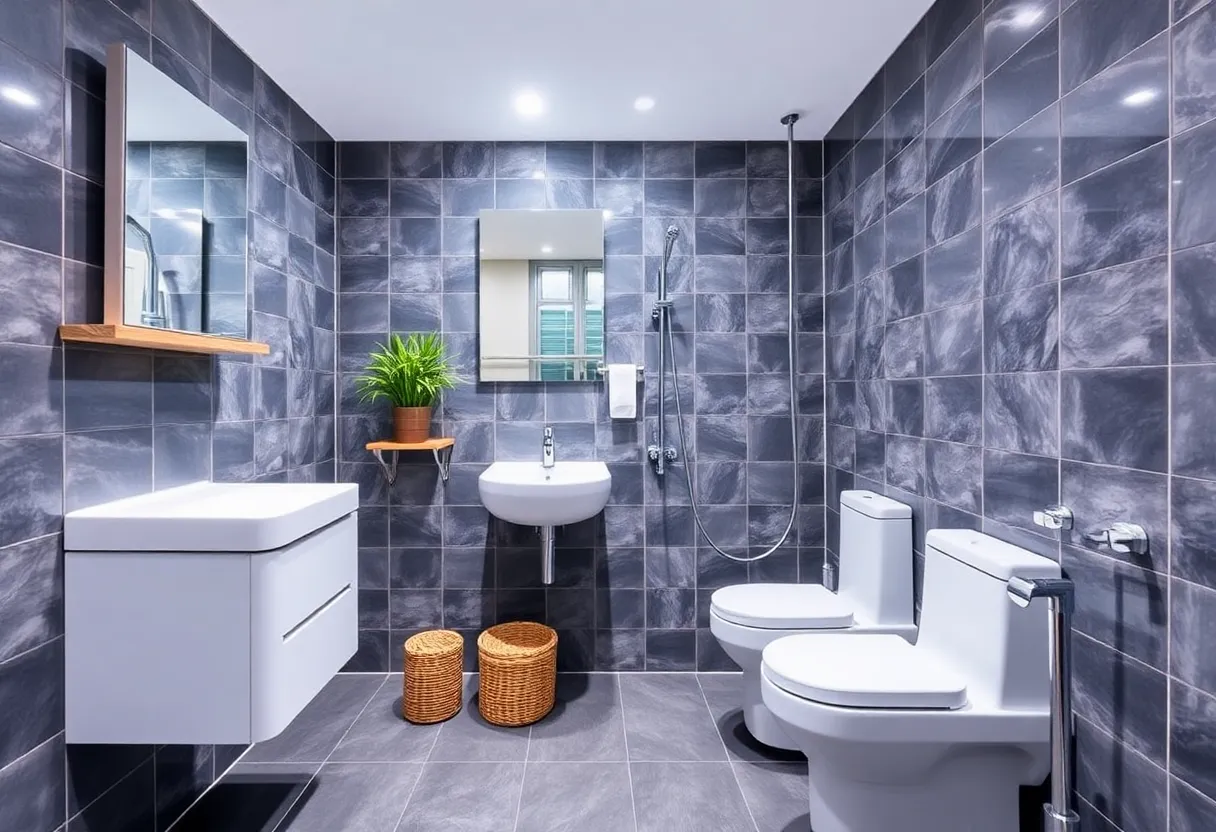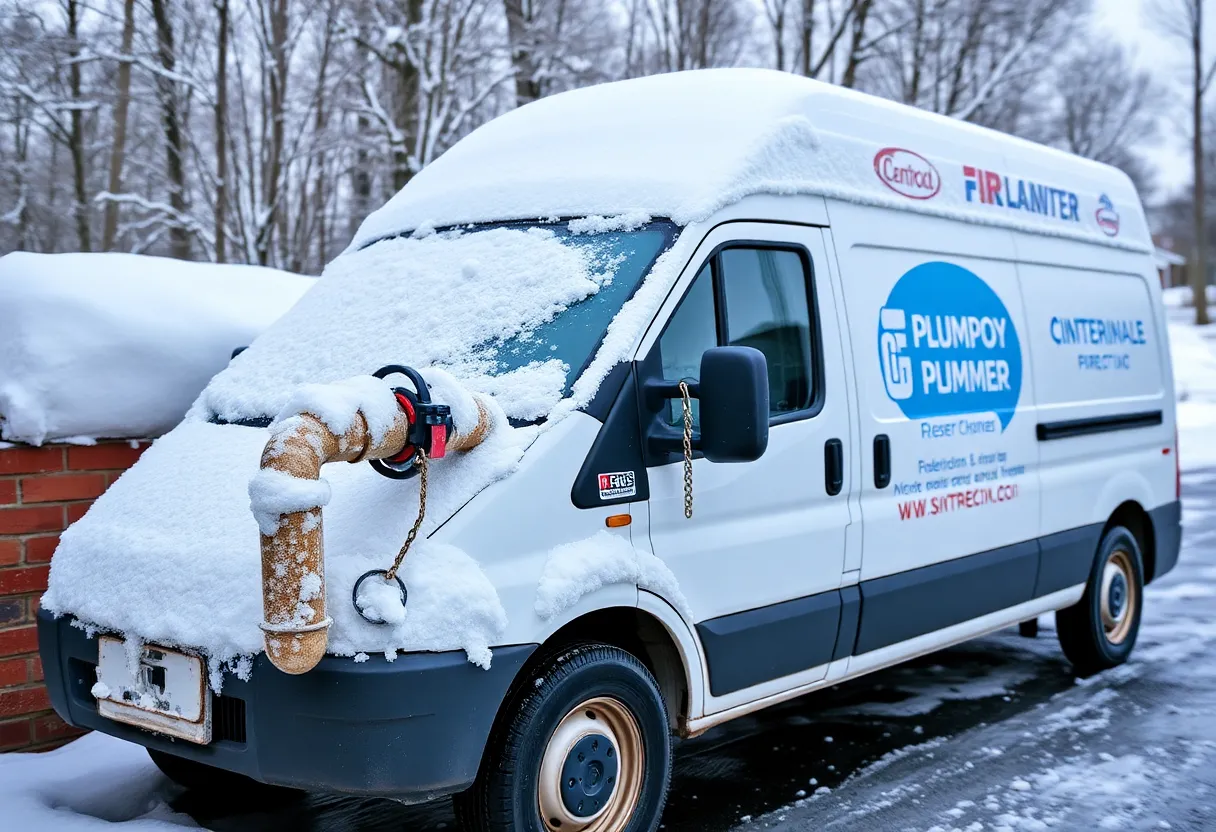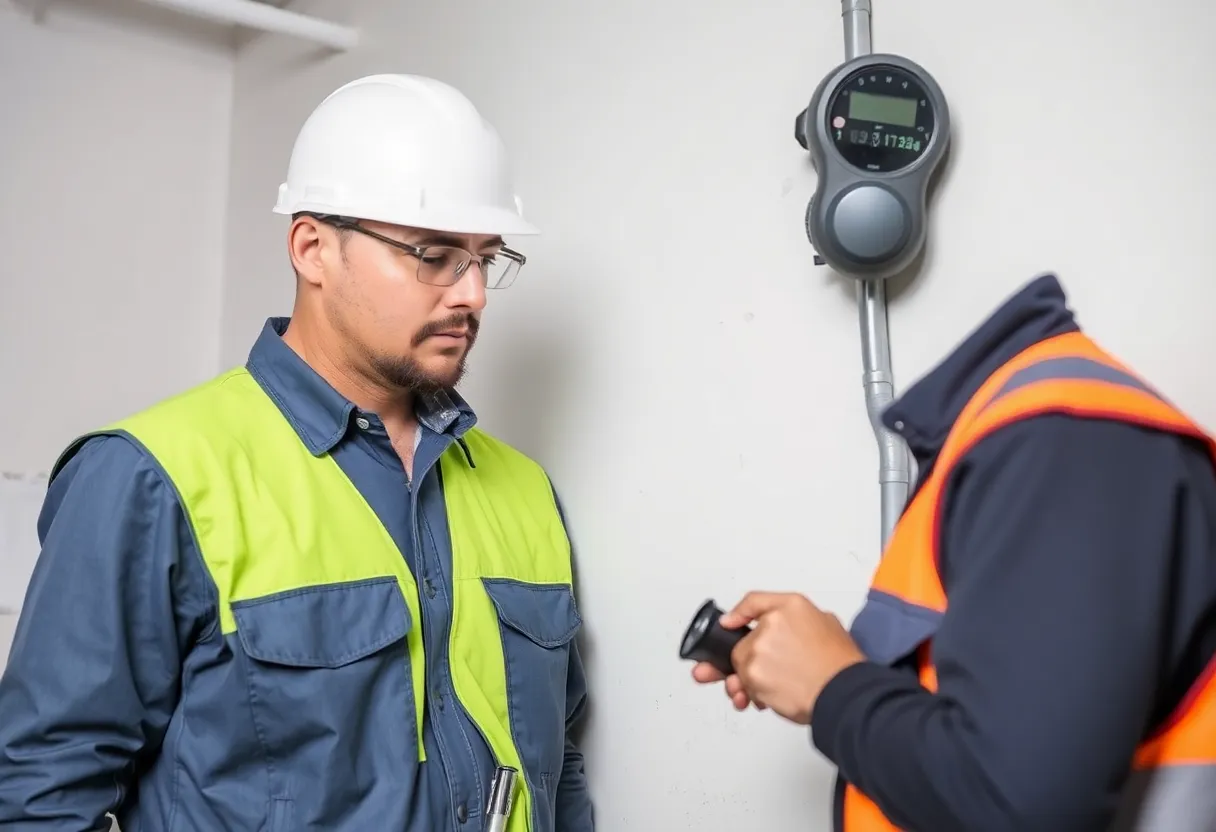Plumbing Essentials: 10 Must-Read Tips for First-Time Homeowners to Prevent Costly Repairs
Introduction
Owning a home is an exciting milestone, but it also comes with a set of responsibilities that can be overwhelming, especially for first-time homeowners. One critical aspect of homeownership is plumbing—often an unseen hero that keeps everything running smoothly. Understanding the basics of your plumbing system can save you significant time and money on repairs down the line. In this article, we’re going to discuss 10 essential tips for first-time homeowners to help you maintain your plumbing, prevent costly repairs, and ensure a healthy home environment.
1. Know Your Plumbing System
The first step toward effective plumbing maintenance is having a solid understanding of your home’s plumbing system. This includes knowing:
- Where your main water shut-off valve is located.
- The layout of your plumbing—pipes, drains, and fixtures.
- How your home’s plumbing interacts with appliances.
Familiarizing yourself with these elements will empower you to make quick decisions in emergencies and help you spot potential issues before they escalate.
Locating the Main Water Shut-off Valve
This valve is crucial for stopping water supply in case of a leak or flood. Typically located in the basement, crawlspace, or near the water meter, knowing its position will minimize damage during emergencies.
2. Regularly Inspect for Leaks
Leaks can lead to significant water waste and elevated utility bills. Regular inspections should include:
- Checking under sinks and behind toilets.
- Looking for damp spots on walls and ceilings.
- Monitoring your water meter for unexpected increases in usage.
Be proactive—if you notice any signs of moisture or dripping, address it as soon as possible to avoid more costly repairs.
How to Fix Minor Leaks
Some small leaks may be easily fixable. For example, a dripping faucet can usually be resolved by replacing the washer or O-ring. Utilizing tape or putty for quick seals can also be effective as temporary solutions while you schedule a professional repair.
3. Understand and Maintain Your Drains
Drains can easily become clogged, leading to backups that can be difficult and expensive to resolve. Here are some tips to maintain your drains:
- Use drain guards to catch hair, food, and other debris.
- Avoid flushing anything other than toilet paper.
- Maintain a regular cleaning schedule: use a mixture of hot water and vinegar to keep drains flowing.
Regular maintenance eliminates a lot of headaches associated with clogged drains.
Signs of Clogged Drains
Stay vigilant! Slow-draining sinks and gurgling sounds can be signifiers of larger issues lurking within your plumbing.
4. Know What Not to Flush
Toilets often become a dumping ground for items that should really go in the trash. Understanding what should and shouldn’t be flushed can prolong the life of your plumbing system:
- Do not flush wipes, even those labeled as “flushable.”
- Avoid flushing feminine hygiene products, cotton balls, or paper towels.
Practicing good flushing habits can spare you the expensive consequences of a clogged sewer line.
5. Familiarize Yourself with Water Pressure
Water pressure can significantly influence the efficiency of your plumbing system. Ideal residential water pressure ranges from 40 to 60 psi. If you notice:
- Significantly low pressure, which may signal leaks or blockages.
- High pressure, which could lead to pipe damage.
Consider purchasing a simple water pressure gauge to monitor this regularly.
Adjusting Water Pressure
If you have noticeable water pressure issues, contacting a plumber for adjustments might be necessary, but some homeowners can manage slight changes using pressure-reducing valves.
6. Invest in Regular Maintenance Services
Regular plumbing maintenance is a wise investment. Scheduling a professional inspection at least once a year will help catch potential issues before they worsen. During these inspections, a plumbing expert can:
- Check pipe integrity.
- Assess your water heater’s health.
- Inspect for leaks or blockages throughout the plumbing system.
Timing is everything—resolving small issues before they become significant can save you hundreds or even thousands of dollars.
7. Learn Basic Plumbing Skills
As a homeowner, it’s invaluable to possess basic plumbing skills. Here are a few essential things you can quickly learn:
- How to unclog a sink or toilet.
- How to replace a toilet flapper.
- How to tighten or adjust fixtures.
Having these skills allows you to handle minor plumbing issues without needing to call a professional immediately, saving you both time and money in the long run.
Resources for Learning
Online tutorials, local workshops, and community classes can provide quality training to build your plumbing skill set.
8. Know When to Call a Professional
While basic maintenance and minor fixes can be handled on your own, some issues require professional expertise. Here are a few indicators that it’s time to call in the experts:
- If there’s a sewage backup.
- If you experience sudden changes in water pressure.
- When you notice signs of moisture or mold indicating a potential leak behind the walls.
Recognizing your limits is crucial—while DIY efforts can save money, tackling complicated issues without proper training can lead to more damage and cost than just calling a professional in the first place.
9. Insulate Pipes in Cold Weather
During winter, it’s important to take steps to protect your plumbing from freezing. Simple insulation can help keep your pipes warm, especially those located in unheated areas like basements and attics.
- Wrap pipes with insulation sleeves or foam.
- Let faucets drip during extremely cold nights.
Taking these preventative measures can minimize the likelihood of bursting pipes, which can lead to significant water damage.
Signs of Frozen Pipes
If you notice that your faucets produce little or no water, you may have frozen pipes. Act quickly; let the warm water run from the faucet, and apply heat to the pipes with a hair dryer or heat lamp.
10. Keep an Eye on Your Water Heater
Your water heater is an essential appliance that works hard behind the scenes. To maintain it properly:
- Flush the water heater at least once a year to remove sediment.
- Inspect the anode rod every few years; replace it if it’s corroded.
Regular maintenance will extend the life of your water heater, ensuring that you always have hot water available when you need it.
Signs It’s Time for a Replacement
If you notice leaks, strange noises, or inconsistent water temperatures, your water heater may be signaling it’s time for an upgrade. Listening to these signs early can prevent more serious issues.
Conclusion
As a first-time homeowner, understanding these plumbing essentials can significantly reduce the risk of encountering costly repairs in your home. By becoming familiar with your plumbing system, performing regular maintenance, and knowing when to call a professional, you will ensure peace of mind and a healthier living environment. It’s all about being proactive rather than reactive—take control of your plumbing system today!









